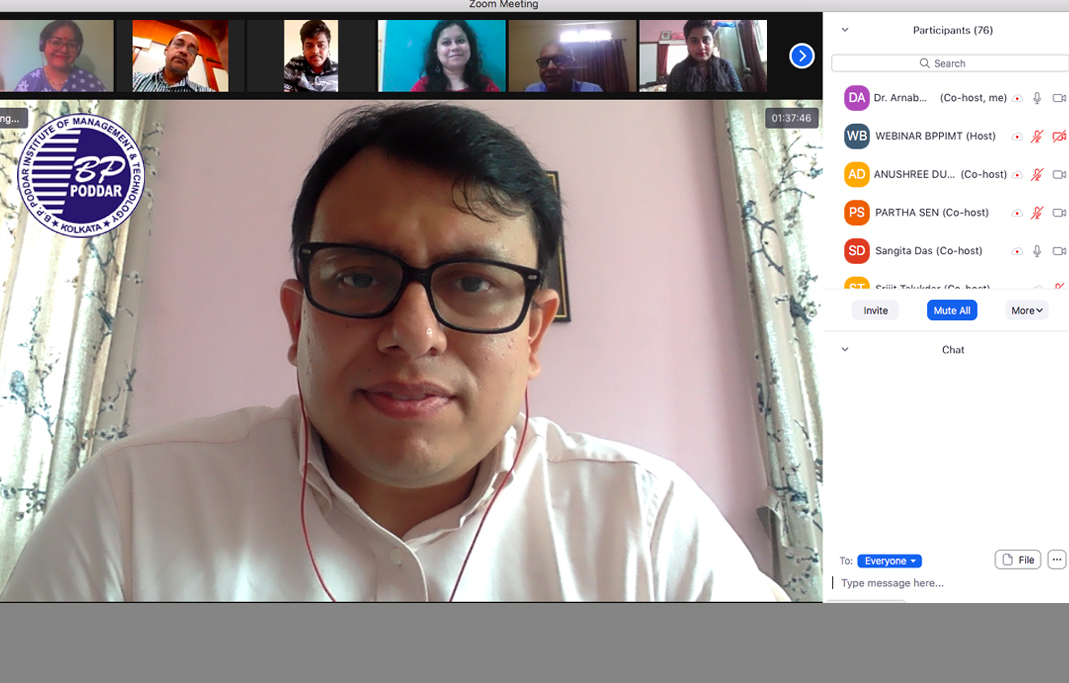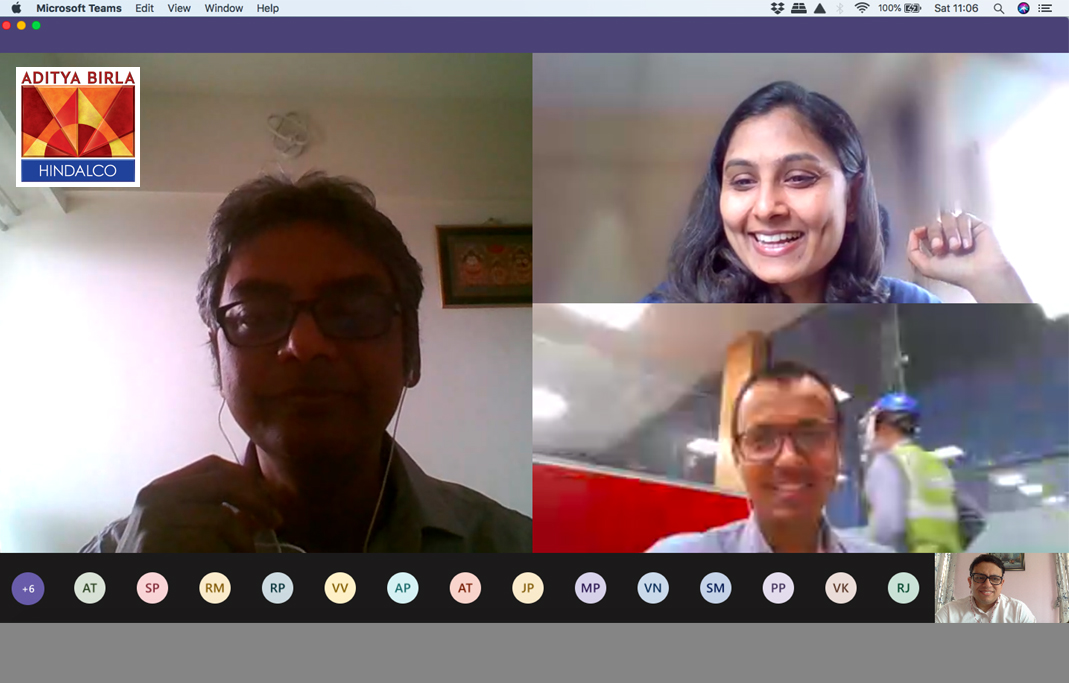An Award winning, Research Driven, Innovative, Ed-Tech,
Next Gen Life Skills Learning Solutions
Kids: 4-12 years | Teens & Young Adults: 13 - 21 years and beyond
Adding smiles to families | Bringing happiness to homes | Transforming Lives
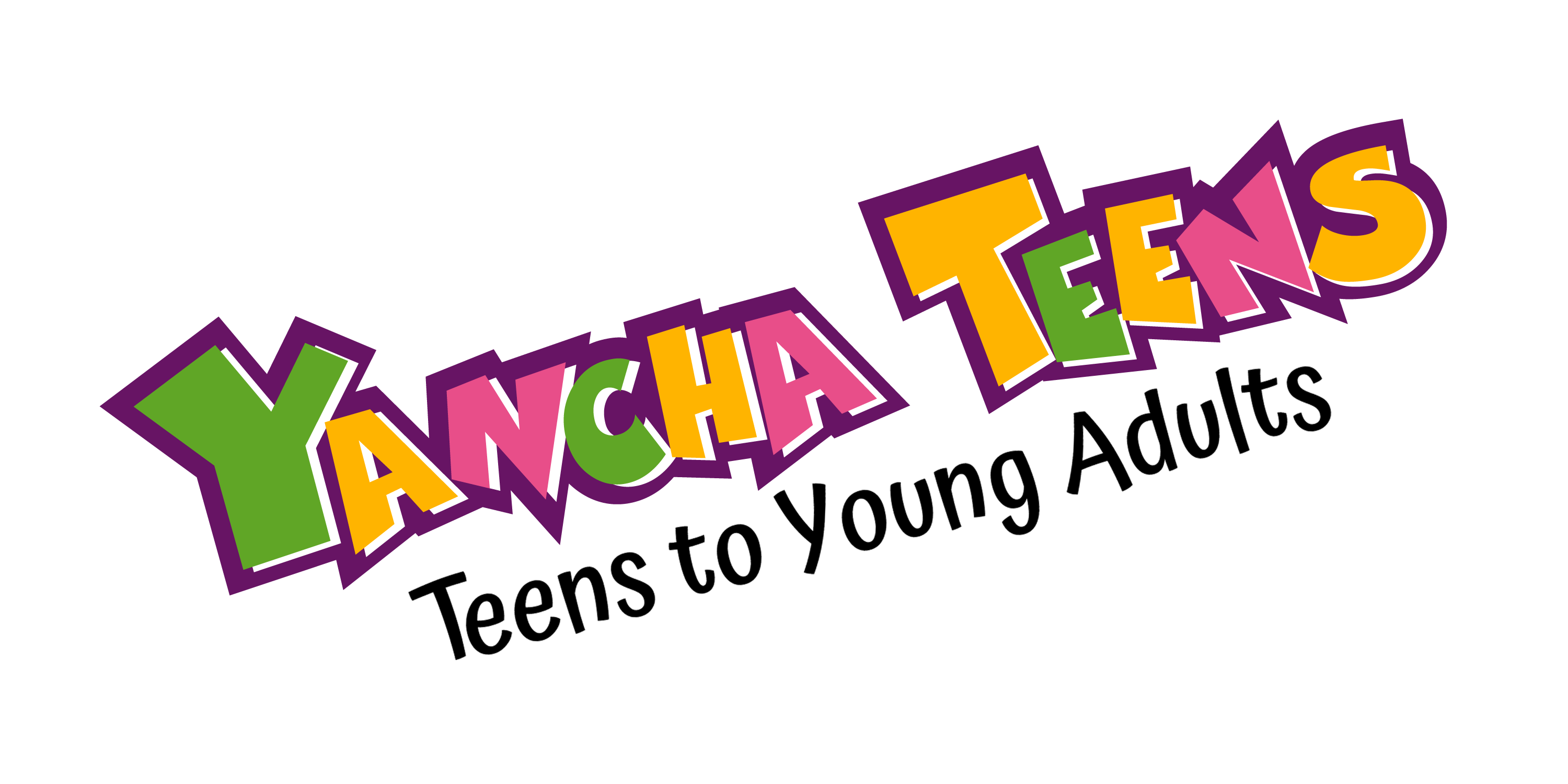
 Yancha Initiation Program
Yancha Initiation Program  Yancha Teens Awareness Program
Yancha Teens Awareness Program  Yancha Teens Transformation Program
Yancha Teens Transformation Program  Yancha Merchandise
Yancha Merchandise  The Yancha Game
The Yancha Game Teenagers grow quickly and they need to adjust to a variety of changes in self, family expectations, school/ colleges, social circles and environment. At the same time, they also need to prepare for their careers and the path they want to walk on. This requires them to become responsible for themselves.
The Four Big Challenges that Teens face are :

Constant Comparison and Self Esteem

Anxiety about Career Choices

Social acceptance

Highly competitive environment
At Yancha, we empower them to overcome the challenges by:
-
 Overcoming the tendency of constant comparison and build self esteem driven by own strengths and uniqueness
Overcoming the tendency of constant comparison and build self esteem driven by own strengths and uniqueness  Choosing the correct discipline and make informed career choice based on behavioural preferences
Choosing the correct discipline and make informed career choice based on behavioural preferences  Handling the Pressure of social acceptance and conformance, and be own self in the given reality
Handling the Pressure of social acceptance and conformance, and be own self in the given reality Creating a Path towards Success in the Highly Competitive Environment
Creating a Path towards Success in the Highly Competitive Environment
TEENS SEEK ANSWERS FOR


They have a variety of things to deal with and it gives rise to a lot of questions they keep seeking answers and find themselves getting into an ambiguous state with lots of answers and options thrown to them and sometimes that become overwhelming to handle.
Should one focus on short term goal or long term goal?
How to take decision when you are confused?
How to deal with criticism/ How to handle criticism in a positive manner? How to be confident?
Should teens spend time learning soft skills/behavioural capabilities?
All these are issues that affect Teens and by a structured, gamified platform helping them see clarity, #YanchaTeens paves the way for constructive thinking in the young minds.
WHY IS IT NEEDED
A Pertinent Question
What Does it take to nurture children of Future?

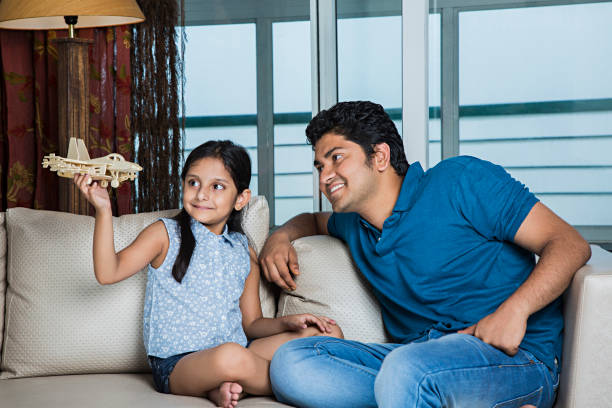

Are your Parenting Skills still the same as those of your Parents?
Or have you upgraded yet?


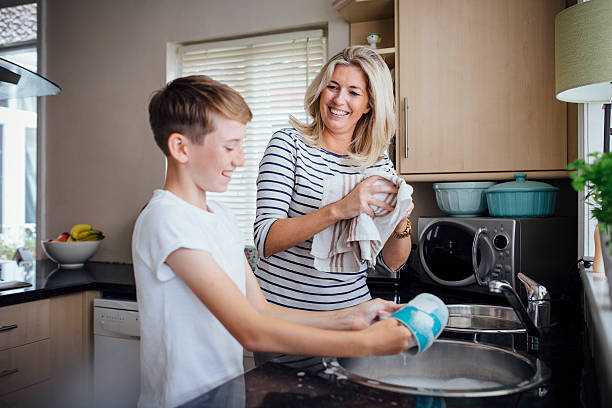
How are you managing information overload with your children?



Yancha Teens is the only framework that caters to the behavioural development that teenagers require and couples it with Career choices. It is aligned to the Yancha Kids program and the Future skills as identified by WEF.
In today’s rapidly changing fast, complex and volatile and uncertain times if nurtured behaviourally - is where success and failure is defined.
Mindset being more powerful than skillset and the role of a mindset in shaping an Individuals actions as well as his / her impact and future success is getting reiterated every now and then.
Other than the technical knowledge and skillset which is a given in today’s information age, the other top skills for success puts focus on behavior development– making this of utmost important to succeed in future.
Source: World Economic Forum Top 10 Skills of 2025
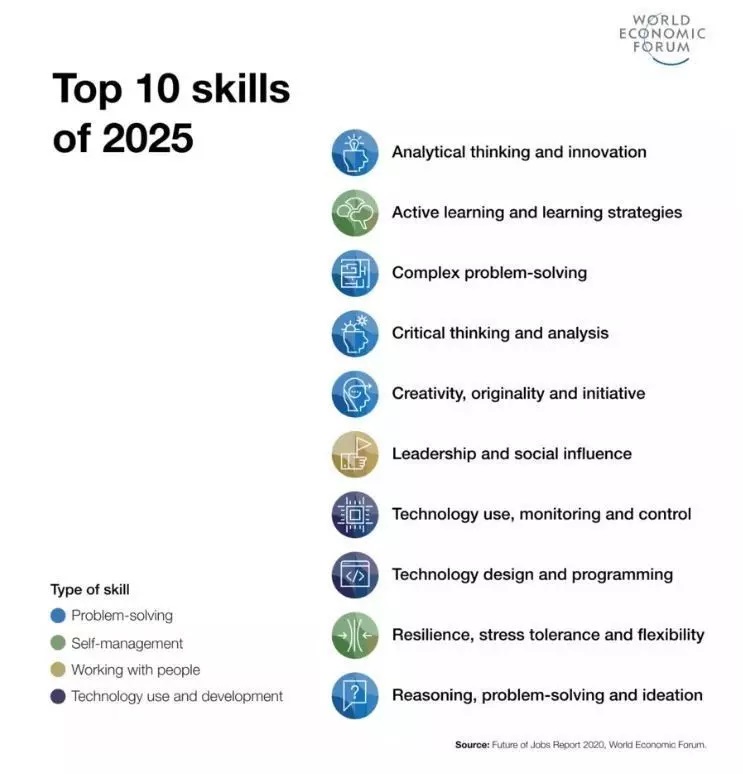
RESEARCH SHOWS
Good relations between parents and adolescents lessen the likelihood that teens will exhibit extreme erratic behaviours.

Less Problem
Behaviour
Such behaviors have been well-studied and are regularly found associated with the quality of the parent youth relationship.


Less Violence
A study of more than 12,000 teenagers found a link between positive parent-child relationships and fewer violent behaviors.

Less Likely to Commit Crimes
Similarly, another study found that teens with positive relations with their Parents are less likely to be delinquent (failing in ones duties or commit crimes). This association is mediated by greater parental awareness about the adolescent, more supportiveness, and stronger family routines.

Less Substance Usage
Several studies have found that positive relationships or connectedness between parents and adolescents are to avoidance or lower linked use of alcohol, tobacco, and drugs.
METHODOLOGY

UNDERSTAND
Understand the perspective from which the thoughts are coming

DISCUSS
Keeping an open and unbiased view, Discuss on the thoughts being exchanged
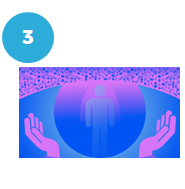
CREATE
Be involved in Creating the desired situation
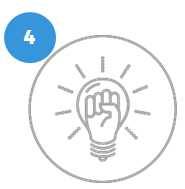
EVOLVE
Regulate & Monitor necessary resources to move towards the desired situation
OUR PROPRIETARY FRAMEWORK
Behavioural development can help the TEEN face the real world, social challenges etc. and overcome any roadblocks with confidence, rather than getting overwhelmed by them.
RAPiD Framework


These are pursued for developing the Teens through the Yancha Teens intervention. This is how the RAPID model develops the responsibility. Once a deeper understanding is developed and the thoughts unshackled, you will quickly see the youngster gallop towards performance. Of course the environment at home has to be made conducive for the new thought processes to flourish
9 CAPABILITIES DEVELOPED
Guidance for Parents to Evolve in 9 steps

Program
The Yancha Teens suite of Programs can be delivered in an online or in-person mode. These can be done for the Teenager, Schools, Colleges, Corporates and Families.
Teens Foundation Program
Teens Transformation Program
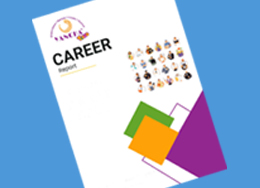
Crystal
Career Choice Report. Generate Career Choices based on behavioral preferences.
Rs. 6,000 Rs.4000
GST applicable
One on One Session
Want to have your own private chat. Book your time slot and discuss with certified Yancha Guides on the way to raise your child to reach full potential.
Checkout the Demo below
Requirements:
- Multimedia enabled computer, good internet bandwidth
- Medium of instruction: English Bengali and Hindi
Buy Now
Program Objectives:
- Identify the real issue
- Apply the behavioural frameworks to seek a direction
- Figure out an approach to apply the framework in the environment
- Create sustainable action plans and apply over time
Contents:
- Questioning to identify the real issues
- Behavioural framework for the development
- Environment shaping to make an impact
- Implement action plans, a small step at a time
TEEN OUTCOME
Be surprised at the outcomes when you have a responsible individual at home – who is striving towards academic excellence – making the right decisions – and clear choices.

Glimpses of previous Yancha Talk Sessions & Sporting Activities
Talk to our Yancha Guide
Enter your details for verification
Know us
Useful Links
Quick Connect
Why Yancha
Yancha is a Japanese word which means a naughty, mischievous and unmanageable child. These are also the behaviours that are seemingly difficult to manage, and which if channelized well can bring up a very responsible youngster. We believe that a child is like a play doh or a seed - and it's the responsibility of the parents to provide the environment to bring up the child, and that in turn shapes the child over years.
Our Blog
The way that you respond to your child's behavior has a profound effect on how they act in the future. They look up to you, not only to tell them how to behave, but also to teach them by example. Reacting too strongly (or not strongly enough) to disobedience (misbehavior) can lead to repeated issues which can last indefinitely. Consider the following information to correct your child's behavior and remain a positive influence at the same time. Read more...










